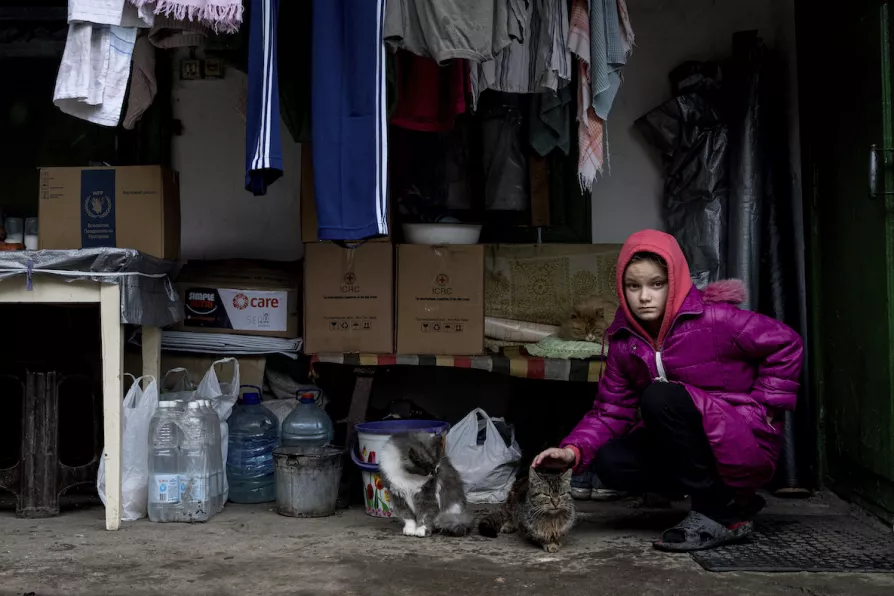John Wojcik pays tribute to a black US activist who spent six decades at the forefront of struggles for voting rights, economic justice and peace – reshaping US politics and inspiring movements worldwide

 A girl pets her cat in the yard of her house in Bohoyavlenka, Ukraine
A girl pets her cat in the yard of her house in Bohoyavlenka, Ukraine
FORMER senior SPD politicians, union members and well-known representatives of the peace movement have called on Chancellor Olaf Scholz in an open letter to urge urgent negotiations to end the fighting in Russia’s war of aggression against Ukraine. (The full letter can be found below.)
The war has degenerated into “bloody trench warfare in which there are only losers,” according to the letter.
It is crucial to stop the escalation of the war. “With each passing day, the danger of an expansion of hostilities grows. The shadow of nuclear war hangs over Europe. The world must not slip into another major war.”

The federal government’s plans to finance the war in Ukraine with Russian assets, and a possible deployment of German troops, put the population in Germany in the highest danger, argues SEVIM DAGDELEN

Washington plays innocent bystander while pouring weapons and intelligence into Ukraine, just as it enables the Gaza genocide — but every US escalation leaves Ukraine weaker than the neutrality deal rejected in 2022, argue MEDEA BENJAMIN and NICOLAS JS DAVIES

In the first half of a two-part article, PETER MERTENS looks at how Nato’s €800 billion ‘Readiness 2030’ plan serves Washington’s pivot to the Pacific, forcing Europeans to dismantle social security and slash pensions to fund it










